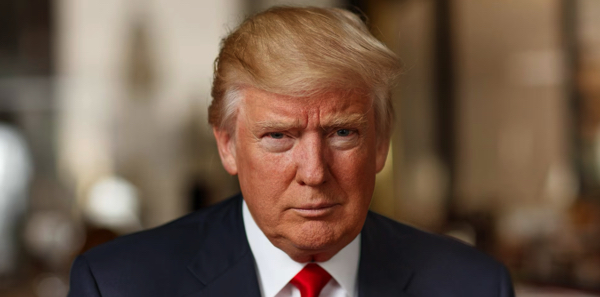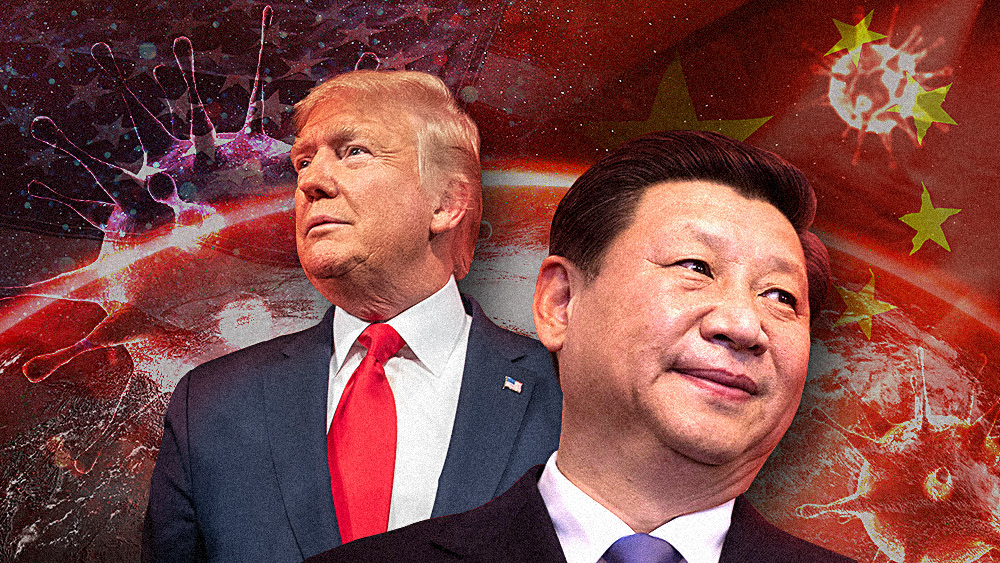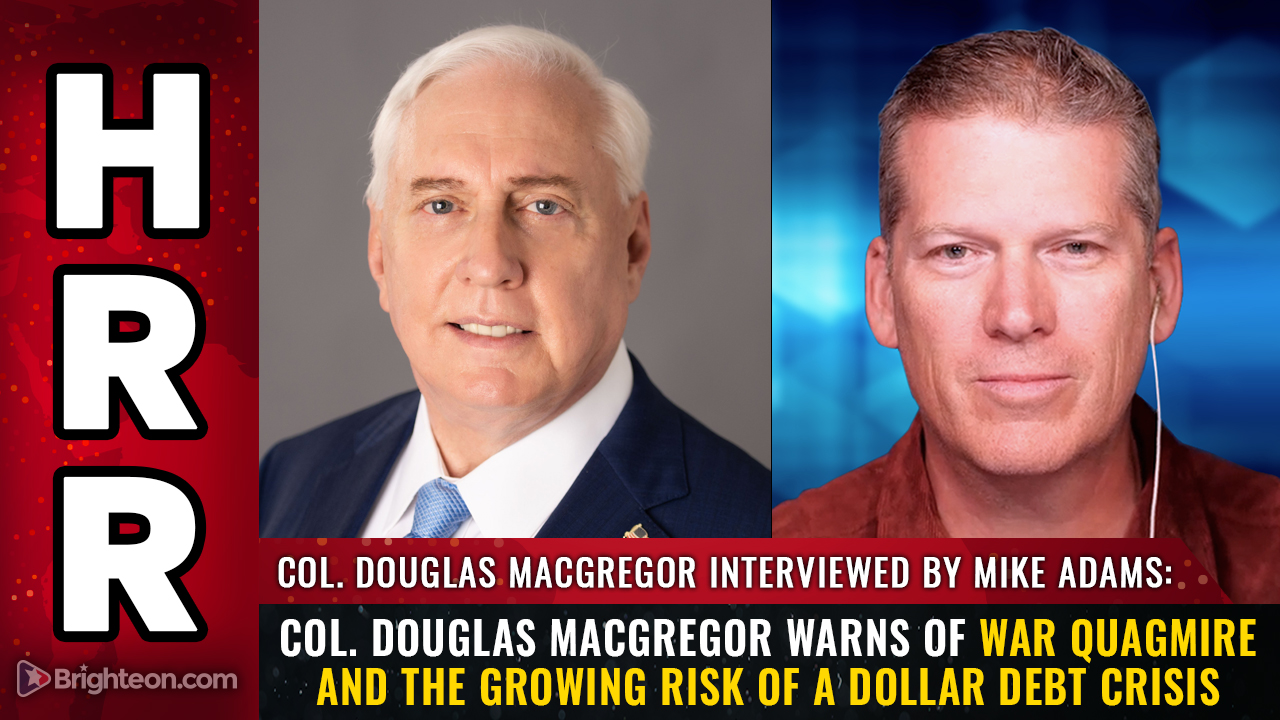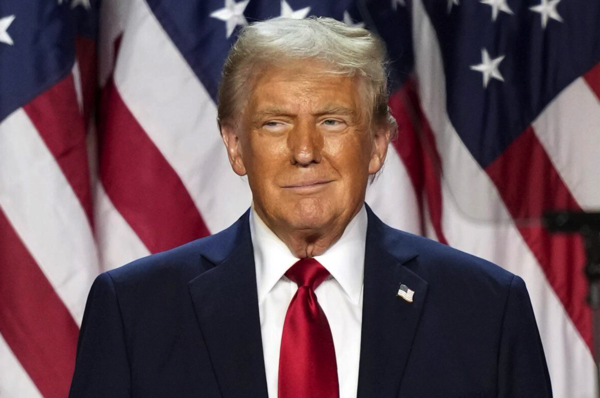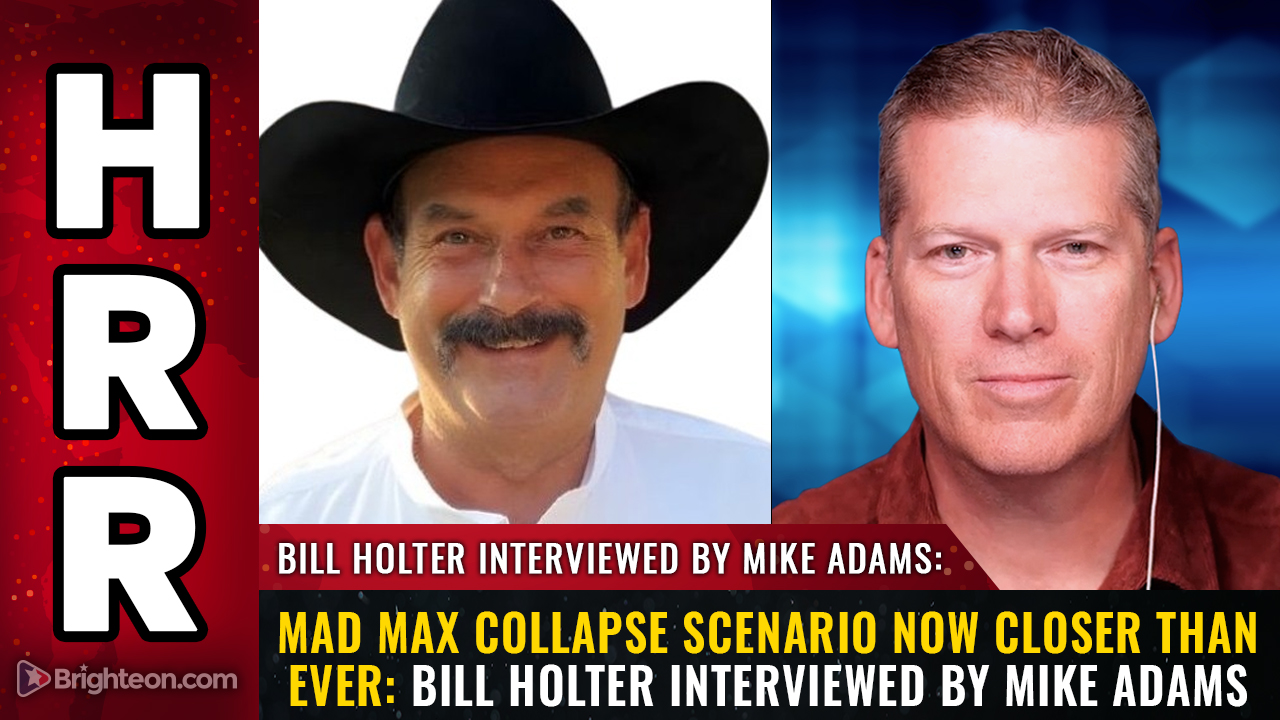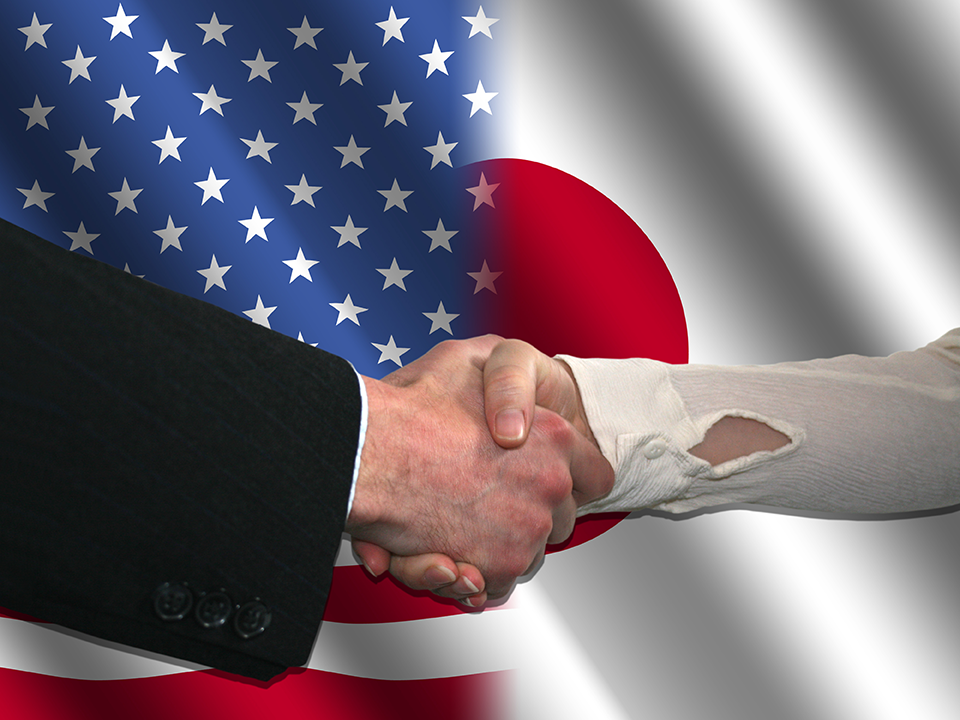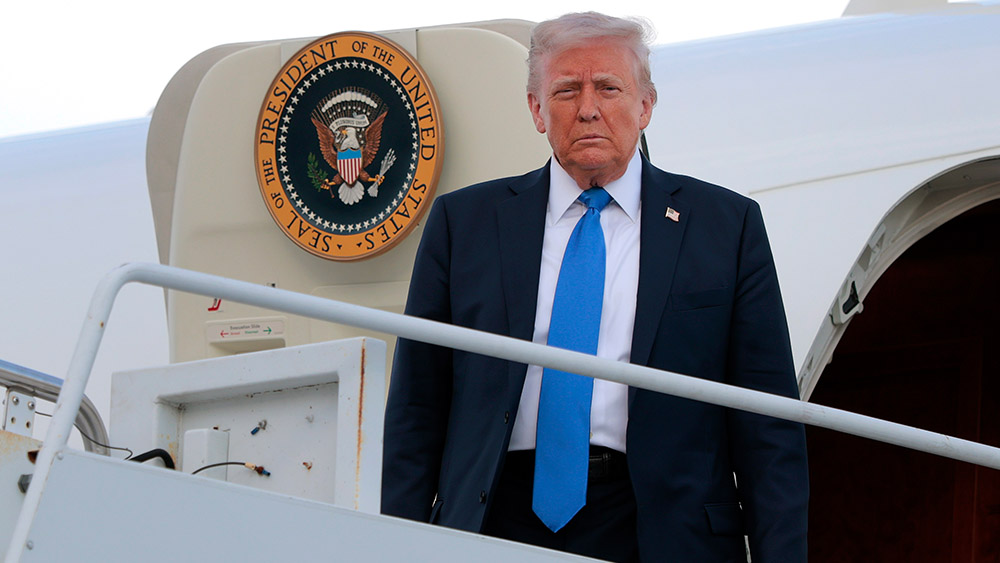Health Ranger Report: Economist Martin Armstrong discusses GOLD PANIC and DEBT RESET
07/25/2025 / By Kevin Hughes

- The surge in gold prices reflects a hedge against government instability and lost confidence, not inflation. Its global uniformity makes it a reliable crisis asset, but Armstrong dismisses a return to the gold standard due to systemic impracticalities.
- The dollar’s dominance is waning amid rising debt-driven money creation and geopolitical shifts. Armstrong warns of a multi-polar world with China and Russia gaining influence, emphasizing the need for nuanced regional understanding.
- USAID and other institutions face severe corruption, exemplified by historical financial mismanagement (e.g., the missing $2.3 trillion DOD funds). Transparency is critical to restoring trust in governance.
- AI (like Armstrong’s Socrates system) enhances market forecasting and efficiency but cannot replace human intuition in diplomacy or trading. Adoption is key to competitiveness, yet limitations exist.
- Armstrong stresses understanding systemic complexities (economics, geopolitics, technology) to navigate challenges. The interview urges innovation and preparedness for global financial and political shifts.
Economist Martin Armstrong sat down with the Health Ranger Mike Adams on the “Health Ranger Report” to delve into the pressing issues facing the global economy today.
The conversation spanned topics from the recent gold panic and the potential for a dollar tied to gold, to the implications of artificial intelligence (AI) and the shifting geopolitical landscape. The discussion kicked off with the soaring price of gold, which recently crossed $2,900 an ounce.
Armstrong attributed the surge to a combination of factors, including the Bank of England’s sale of gold reserves and the shipment of gold from London to New York due to anticipated tariffs. However, he emphasized that gold’s value is not intrinsically linked to inflation. Instead, it serves as a hedge against geopolitical uncertainty and a loss of confidence in government. (Related: Martin Armstrong joins with Mike Adams to discuss gold prices surge as central bank shortages spark panic.)
“Gold historically has been more of the hedge against government, but not inflation. It’s really more of the question of the survivability of a government or its credibility,” said the economic forecaster and founder of Armstrong Economics.
Armstrong highlighted the unique nature of gold as a globally uniform asset unlike commodities such as oil, which have different grades and types. This uniformity makes gold a reliable store of value during times of crisis. He also dismissed the notion of a gold standard, arguing that it would require a complete overhaul of the political system to ensure fiscal responsibility.
Adams and Armstrong then turned their attention to the future of the U.S. dollar.
While he acknowledged the growing whispers of a potential return to a gold-backed currency, Armstrong remained skeptical. He pointed out that the real driver of money creation is debt, not central bank policies. The collapse of Bretton Woods and the subsequent decoupling of the dollar from gold have transformed debt into a form of money that pays interest.
The rise of AI: A double-edged sword
The conversation then shifted to the impact of artificial intelligence (AI) on the economy and society. Armstrong, who has been at the forefront of AI in finance for decades, expressed optimism about its potential to revolutionize industries. He cited his own experience with his Socrates AI system, which has a proven track record in forecasting financial markets.
Adams echoed Armstrong’s sentiments, highlighting the transformative role of AI in automating mundane tasks and freeing up human capital for more strategic endeavors. He emphasized the importance of embracing AI to stay competitive in a rapidly changing world.
However, Armstrong also warned of the limitations of AI – particularly in areas requiring human intuition and nuanced decision-making. He argued that while AI can enhance efficiency, it cannot replace the human element in critical areas such as trading and diplomacy.
As the interview drew to a close, Armstrong reiterated the importance of understanding the underlying issues facing the global economy. He emphasized that the challenges are not insurmountable, but they require a clear-eyed understanding of the complexities involved.
“We have to get people to understand what the real problems are here, and once you understand that then the future you begin to see is a little bit different than maybe what you anticipated,” Armstrong said.
Follow MarketCrash.news for more news about the global financial markets.
Watch the full interview between Martin Armstrong and the Health Ranger Mike Adams below.
This video is from the Health Ranger Report channel on Brighteon.com.
More related stories:
Sources include:
Submit a correction >>
Tagged Under:
AI, Bank of England, Bretton Woods, Bubble, central bank, China, Collapse, currency crash, currency reset, debt bomb, debt collapse, debt reset, dollar demise, global economy, gold, gold panic, Health Ranger Report, Inflation, market crash, Martin Armstrong, Middle East, Mike Adams, New York, Precious Metals, risk, Russia, USAID
This article may contain statements that reflect the opinion of the author
RECENT NEWS & ARTICLES
COPYRIGHT © 2017 RISK NEWS

